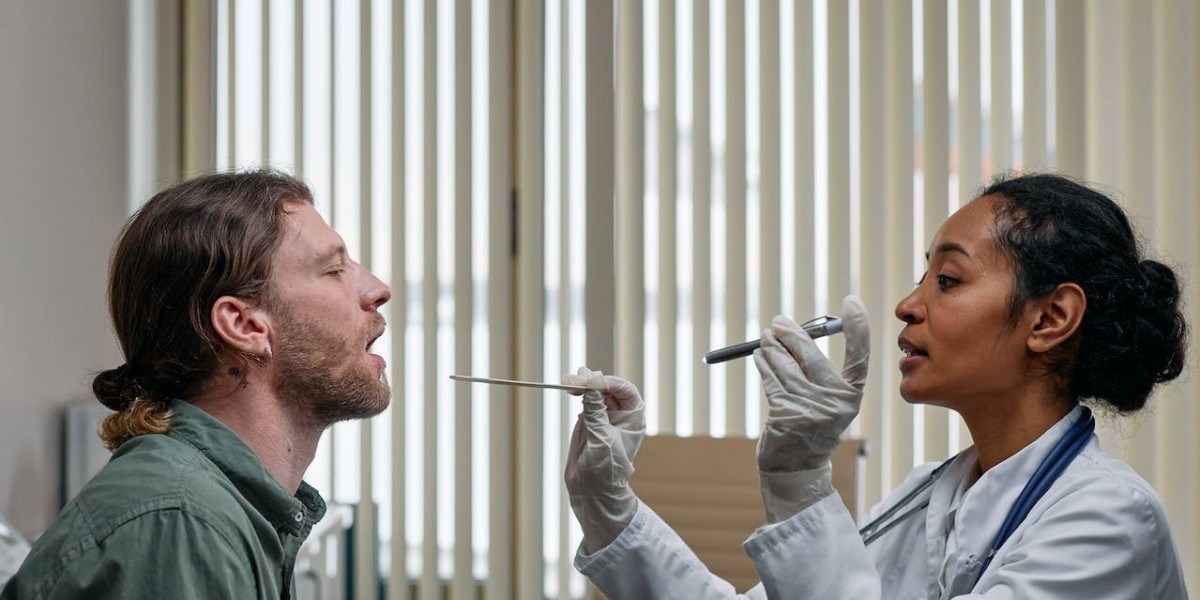If you are struggling with an addiction, there are many ways to get help. Unfortunately, treatment can be expensive. Depending on your type of addiction, treatment may require a long stay at a residential facility that costs a lot of money. However, there are a variety of funding sources that can help you pay for your addiction treatment.
One option is to use health insurance coverage for addiction treatment. The Affordable Care Act (ACA) requires that every insurance policy cover mental health and substance abuse treatment services the same as they cover physical healthcare treatments. This is called parity. However, it’s important to know that insurance coverage varies from state to state, provider to provider, and plan to plan.
Another way to pay for addiction treatment is to use public assistance programs, such as local- or state-funded facilities. These programs provide alcohol and drug abuse treatment at little or no cost to residents of that area. In most cases, these facilities have strict eligibility requirements. They usually require a minimum length of stay, and they will ask you to meet specific criteria, such as proof of income, lack of insurance, U.S. citizenship, and residence in the state in which you are looking for treatment. These programs can be found by contacting your state or local mental health or substance use agency directly. The Substance Abuse and Mental Health Services Administration (SAMHSA) maintains a Directory of Single State Agencies that makes it easier to determine who to contact.
You can also find free addiction treatment programs through the Salvation Army, which are faith-based and often offer a holistic approach to recovery. These programs are often limited in the number of participants they can accept, and there will be a waiting list. The Salvation Army also offers a Work Therapy program, which pays for room and board in exchange for a 40-hour work week. This typically involves working in their warehouses sorting donated items or performing other tasks.
If you don’t have health insurance or a private payment source, some treatment centers will offer sliding-scale fees for clients. These fees take your income and financial status into account and help reduce the cost of treatment.
Other options include credit cards that specialize in medical expenses. These cards usually have higher interest rates than typical credit cards, but they can help you afford the treatment that you need. You can also try raising funds through crowdfunding sites, such as GoFundMe or IndieGoGo. This is a great way to show support for a friend or family member who is seeking treatment for their addiction.
If you have existing health insurance, it’s a good idea to call the Member Services department of your insurance provider and discuss your coverage options for addiction treatment. It’s important to have your insurance card and membership identification number handy, as well as a list of potential in-network addiction treatment providers to present to your insurance company. You can also visit the Addiction Resource Hub, which is a great online tool to locate in-network addiction treatment options in your area.

